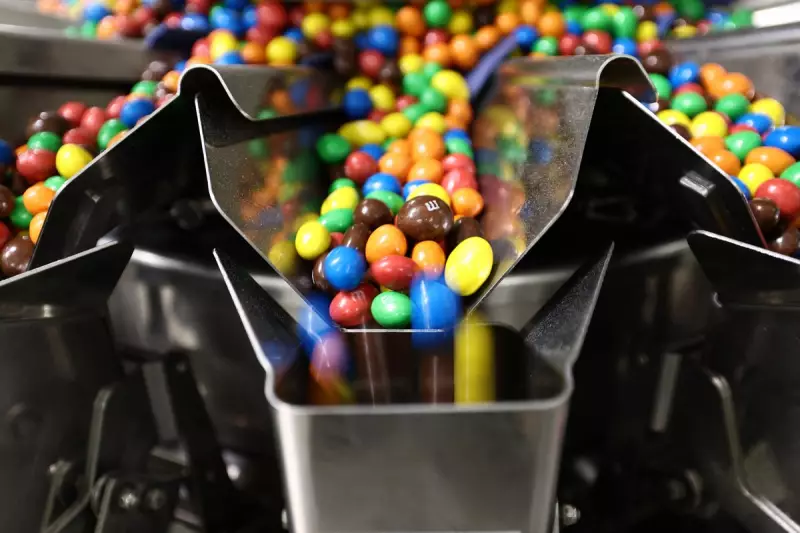
Mars Inc., the confectionery giant behind popular sweets like Skittles, is under fire after a lawsuit accused the company of knowingly including titanium dioxide—a potentially harmful synthetic dye—in its products. The legal action claims that Mars has continued using the additive despite evidence linking it to health risks, including DNA damage and organ toxicity.
What’s the controversy?
The lawsuit, filed in California, argues that Mars has failed to remove titanium dioxide from Skittles, even after pledging to phase out artificial colours in 2016. The European Food Safety Authority (EFSA) has since declared the substance unsafe for human consumption, leading to a ban in the EU. However, the additive remains legal in the US and UK, raising questions about regulatory differences.
Health concerns under scrutiny
Research suggests that titanium dioxide nanoparticles, commonly used as a whitening agent in candies, may accumulate in the body and cause inflammation. While the FDA still permits its use in limited quantities, critics argue that long-term exposure risks are not fully understood.
Mars’ response
Mars has yet to issue a detailed statement but maintains that its products comply with all food safety regulations. The company previously stated it was working toward removing artificial colours globally, but the timeline remains unclear.
What’s next?
If the lawsuit succeeds, it could force Mars to reformulate Skittles and other products, setting a precedent for stricter food additive regulations. Consumer advocacy groups are watching closely, as the case may spark wider scrutiny of synthetic ingredients in everyday snacks.





